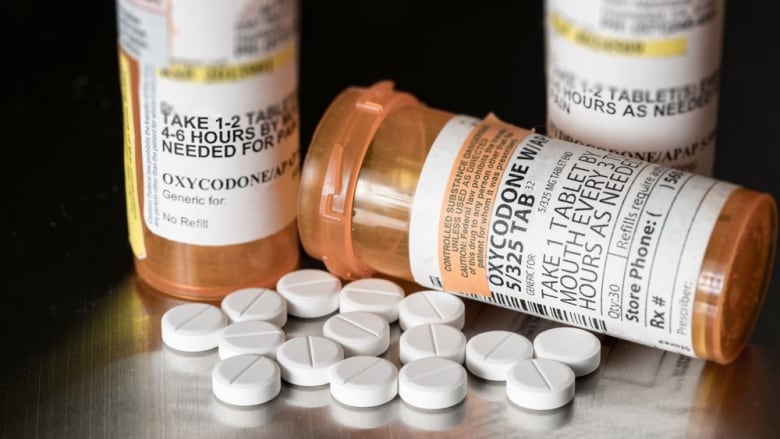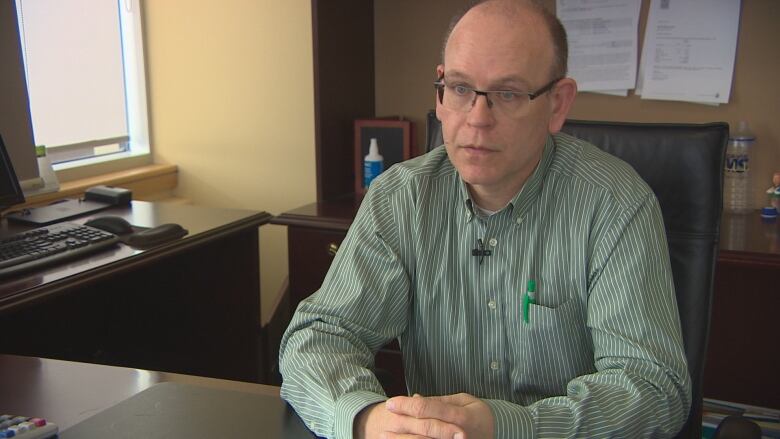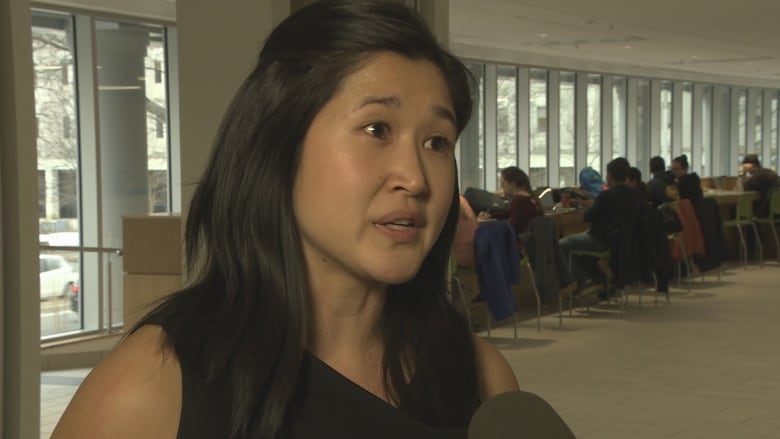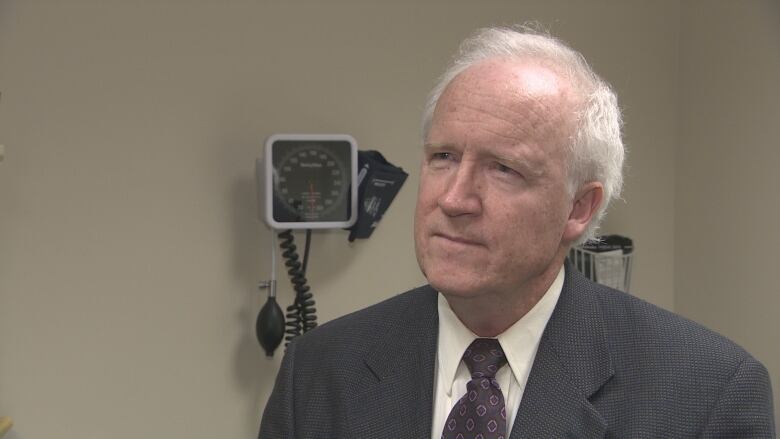Amid national opioid crisis, Dalhousie teaches doctors how to prescribe safely
Course aimed at family doctors finishing their residency believed to be first of its kind in Canada

Dalhousie University's medical school is teaching doctors how to safely prescribe opioids in what is believed to be the first course of its kind in Canada.
The class is aimed at family doctors finishing their residency and preparing to practise medicine on their own.
"If we're not doing our due diligence by monitoring carefully for the appropriate use of these medications, then problems can happen," said Dr. PeterMacDougall, a pain and addictions specialist who designed the course.
MacDougall said he expects other medical schools in the country to follow suit, given the epidemic of opioidaddiction and abuse that has affected parts of Canada.

Medication not always appropriate for pain
Dr. Pamela Lai took the course this past winter. She wanted to stay current on opioid prescription guidelines, which have changed since she finished medical school just a couple of years ago.
"They just adjusted the safe maximum dose," Lai said.
Lai said thecourse teaches detailed case studies and helps prepare residents for potential scenarios with patients that maynot be addressed in other classes.

She learned medication isn't always the best solution for treating a patient's pain.
"I think that being able to properly assess and properly decide whether other trials of not just medication, but non-pharmacological treatments, had been considered is very important."
If opioids are the best option, proper followup is key, Lai added.
"When we do write those prescriptions ... they are really done with a lot of thought and monitoring," she said.
"Not just from the prescription-monitoring program, but also for ourselves as prescribers, so we are careful with every script we give out."
Support from workers' compensation boards
For the past three years, pharmacists and doctors who already work in the community have been offered training in opioid prescribing. The course for family medicine residents began this winter.
That Atlantic Mentorship Network partnered with Dalhousie University and the Workers' Compensation Board of Nova Scotia to offer the program.
The Workers' Compensation Board has contributed $5,000 to fund the course for residents who wish to take it, said Dr. Paul Eagan, chief medical officer for the board.
The aim is to prevent over-prescribing extremely powerful narcotics.

"We rely on health-care professionals to take care of our injured workers and appropriate use of those tools is critical," said Eagan.
The course is also open to residents training in New Brunswick and Prince Edward Island through Dalhousie's medical school. For those residents, WorkSafeNBandthe Workers' Compensation Board of P.E.I.are also providing funding.












_(720p).jpg)


 OFFICIAL HD MUSIC VIDEO.jpg)
.jpg)



























































































